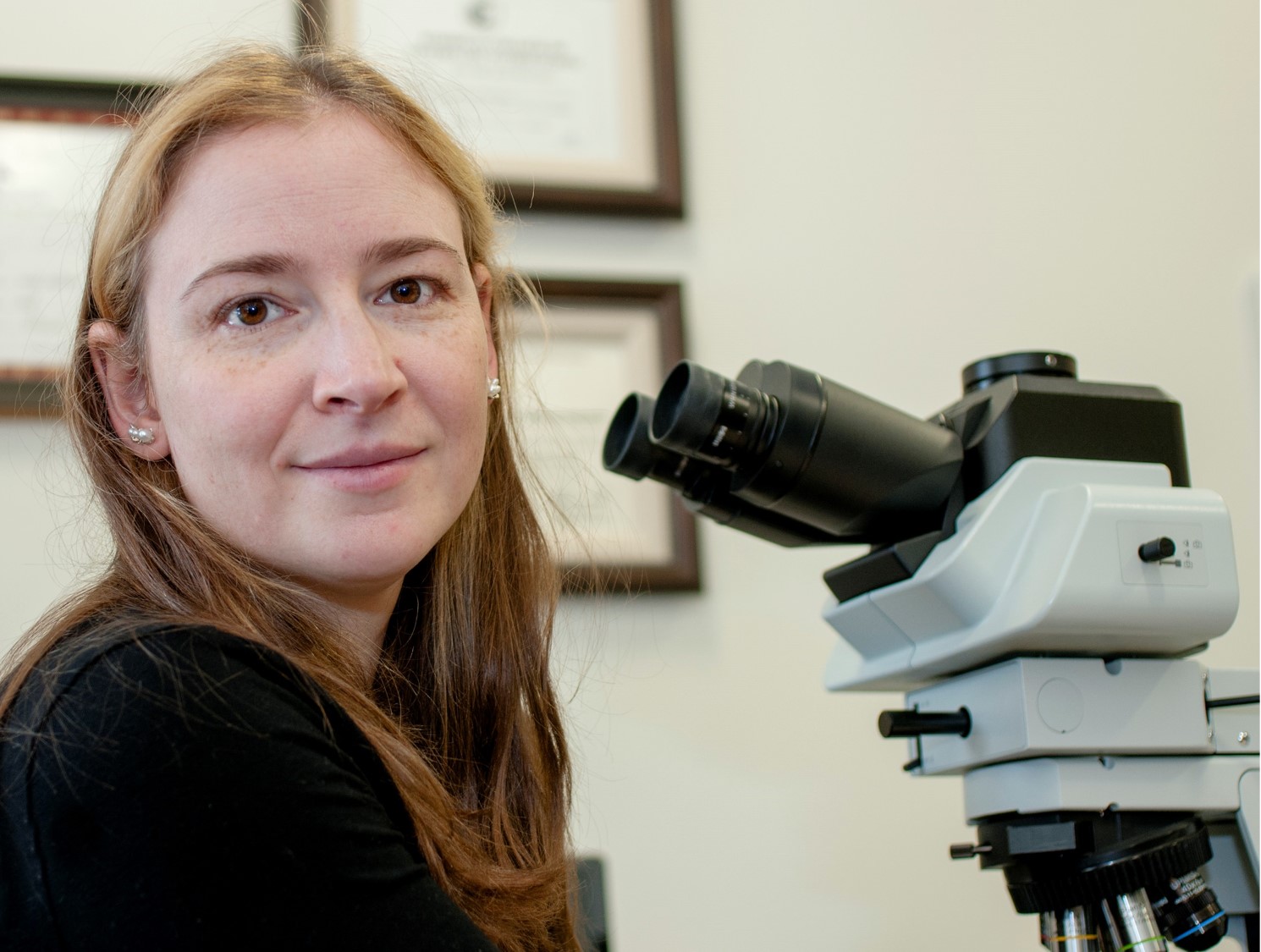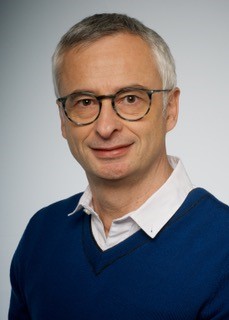Membres
Rechercher
Affiliation(s)
Axe reproduction, santé de la mère et de l'enfant, Centre de recherche du CHU de Québec
Fonction
Professionnelle de recherche
Laboratoire
Sarah Maheux-Lacroix
Affiliation(s)
Département des sciences animales, Faculté des sciences de l'agriculture et de l'alimentation, Université Laval
Fonction
Étudiante au doctorat- Université Laval
Laboratoire
Marc-André Sirard
Coordonnées
CourrielRéseaux sociaux
Expertises
melatonin Cellules de la granulosa Polymorphisme Voies de signalisation RécepteursAffiliation(s)
Département d'obstétrique, gynécologie et reproduction Centre de recherche du CHU de Québec, Faculté de médecine, Université Laval
Fonction
Technicienne de recherche
Laboratoire
Emmanuel Bujold
Affiliation(s)
Département d'obstétrique, gynécologie et reproduction Centre de recherche du CHU de Québec, Faculté de médecine, Université Laval
Fonction
Étudiante à la maîtrise
Laboratoire
Anne-Sophie Morisset
Affiliation(s)
(1) Axe endrocrinologie et néphrologie, Centre Hospitalier Universitaire de Québec - Université Laval
(2) Département de médecine moléculaire, Faculté de médecine
Fonction
Professeur agrégé-Université Laval
Affiliation(s)
(1) Axe reproduction, santé de la mère et de l'enfant, Centre de recherche du CHU de Québec
(2) Département d'obstétrique, gynécologie et reproduction, Faculté de médecine
Fonction
Professionnelle de recherche
Laboratoire
Clémence Bellannée
Coordonnées
418-525-4444Courriel
Réseaux sociaux
Expertises
epididymis infertility, male Cilia efferent ducts developmentAffiliation(s)
Laboratoire de Toxicologie de la reproduction, Institut Armand-Frappier Santé Biotechnologie, INRS
Fonction
Étudiante au Doctorat - INRS
Laboratoire
Géraldine Delbès
Coordonnées
CourrielExpertises
Testicule fœtal Fracturation hydraulique Perturbateurs endocriniens Placenta SteroidogenesisAffiliation(s)
Département des sciences animales,
Faculté des sciences de l'agriculture et de l'alimentation
Fonction
Professeur titulaire- Université Laval
Coordonnées
CourrielExpertises
Fécondation Reproduction Sciences animales Toxicologie Biologie cellulaireAffiliation(s)
Département de médecine
Fonction
Professeur titulaire - Université de Sherbrooke
Coordonnées
CourrielAffiliation(s)
Département d'obstétrique, gynécologie et reproduction Centre de recherche du CHU de Québec, Faculté de médecine, Université Laval
Fonction
Technologue en imagerie médicale
Laboratoire
Dr Emmanuel Bujold
Affiliation(s)
Centre NUTRISS, Institut sur la nutrition et les aliments fonctionnels, Université Laval
Fonction
Étudiante au doctorat- Université Laval
Laboratoire
Julie Robitaille
Affiliation(s)
(2) Département d'obstétrique, gynécologie et reproduction, Faculté de médecine
(3) Réseau Québécois en Reproduction
Fonction
Professeure titulaire - Université Laval
Autres Fonctions
Directrice du CRDSI
Coordonnées
(418) 525-4444Courriel
Réseaux sociaux
Expertises
Infertilité masculine Épididyme MicroARNs Vésicules extracellulairesAffiliation(s)
INRS - Centre Armand Frappier Santé Biotechnologique
Fonction
Étudiante à la maîtrise
Laboratoire
Géraldine Delbès
Coordonnées
CourrielAffiliation(s)
Département de pathologie et microbiologie, Faculté de médecine vétérinaire, Université de Montréal
Fonction
Professeur agrégé
Autres Fonctions
Chef de secteur, pathologie
Coordonnées
(450) 773-8521Courriel
Réseaux sociaux
Expertises
Histopathologie Pathologie comparée Toxicopathologie Pharmacologie Animaux juvénilesAffiliation(s)
Département d'obstétrique, gynécologie et reproduction Centre Hospitalier Universitaire de Québec , Faculté de médecine, Université Laval
Fonction
Stagiaire Postdoctorale- Université Laval
Laboratoire
Sylvie Breton
Coordonnées
CourrielExpertises
andrology Biologie cellulaire Biologie moléculaire Infertilité ReproductionAffiliation(s)
Centre de recherche du CHU de Québec
Fonction
Étudiante à la maîtrise - Université Laval
Laboratoire
Anne-Sophie Morisset
Coordonnées
581-995-0102Courriel
Réseaux sociaux
Expertises
diabetes, gestational obesity Métabolisme Nutrition périnatale qualité alimentaireAffiliation(s)
(1) Axe reproduction, santé de la mère et de l'enfant, Centre de recherche du CHU de Québec
(2) Département d'obstétrique, gynécologie et reproduction, Faculté de médecine
Fonction
Étudiante à la maîtrise
Laboratoire
Pierre Leclerc
Coordonnées
CourrielFonction
Professionnelle de recherche
Laboratoire
Étienne Audet-Walsh
Coordonnées
CourrielAffiliation(s)
Boviteq et Semex
Fonction
VP, Recherche et Opérations en Reproduction
Autres Fonctions
Directeur des activités liées aux embryons à Boviteq et directeur de la recherche et du développement à Semex
Coordonnées
(450) 774-7949Courriel
Expertises
Fécondation in vitro Génétique Génomique Reproduction bovine SemenceAffiliation(s)
Département de biochimie, Faculté de médecine et des sciences de la santé
Fonction
Professeur titulaire- Université de Sherbrooke
Coordonnées
(819) 821-8000Courriel








